He also called for a joint ceasefire between his supporters and Houthi rebels, and the Saudi-led coalition [Mohamed al-Sayaghi/Reuters]
Forces loyal to Yemen’s former President Ali Abdullah Saleh have denied claims by Houthi rebels who say they have gained control of most of the country’s capital, Sanaa, according to an official in Saleh’s Republican Guard.
Iranian-backed Houthi fighters say they had regained control of three military bases, the diplomatic district and other neighbourhoods around the area. They also said they had taken over the city of Dhamar, south of Sanaa, as well as its surrounding regions.
At least 40 people have reportedly been killed since Wednesday amid ongoing fighting between the two sides, with residents now fearing a new front in an already devastating war.
On Saturday, Saleh said that he was open to talks with a Saudi-led coalition fighting Houthi rebels, in what the fighters called “a coup” against their fragile alliance with the former president.
He also called for a joint ceasefire between his supporters and Houthi rebels, and the Saudi-led coalition, which has been bombing the impoverished country since March 2015 to get rid of the Iranian-backed rebels.
If #Yemen was 100 people:
*77 need aid to survive.
*66 don’t have enough food.
*60 have no clean water.
*52 have little access to health care.
*12 are severely malnourished.But Yemen is not 100 people. It’s over 27 million people.
— ICRC (@ICRC) December 1, 2017
The Saudi-led coalition praised Saleh for “taking the lead” in the conflict. In a statement on Saturday, the coalition said that it would “redeem Yemen from the evils of Iranian terrorist and sectarian militias, return it to the Pan-Arab pure and natural fold”.
Ibrahim Qatabi, Doha-based political analyst, told Al Jazeera: “It seems to me that there might be some collaboration between regional powers, Saleh and maybe the legitimate government to somehow overthrow the Houthis first and then have a serious political talk.”
“This is what it looks like, where the whole thing is headed,” he said.
Saudi Arabia along with other Sunni Muslim countries intervened to reinstate the government of President Abd-Rabbu Mansour Hadi, who was ousted by the Houthis in 2014.
| Yemen’s Saleh ready for talks with Saudi-led coalition |
In May 2015, following Saudi-led coalition air raids on his home in Sanaa, Saleh officially announced for the first time the establishment of his alliance with the Houthis. A year later, the Saleh’s General People’s Congress (GPC) party and Ansar Allah, the political arm of the Houthis, signed an agreement to form a political council to run the country.
The Saudi-led coalition imposed a total blockade in October on the country, where nearly 80 percent of the people need humanitarian aid to survive.
Last week, amid mounting international pressure over the suffering of millions of Yemenis, some humanitarian aid was allowed to enter the country.
The war in Yemen is one of the worst humanitarian crises in the world, killing at least 10,000 people and leading to widespread hunger and disease.
| Former Yemeni president calls for ceasefire |

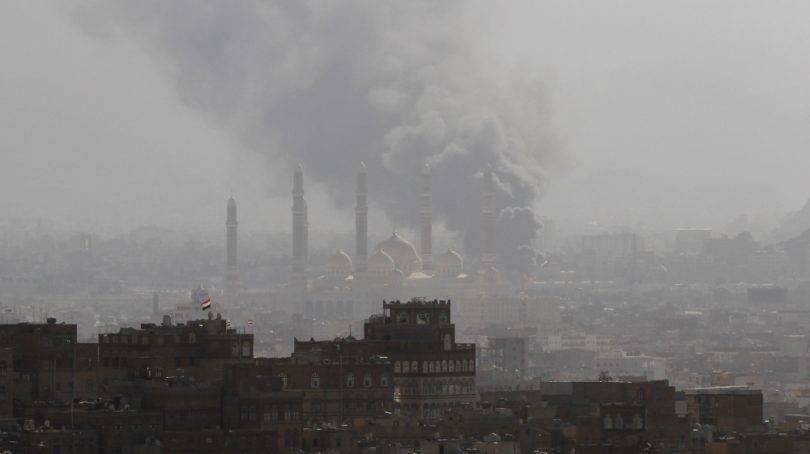
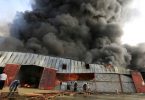

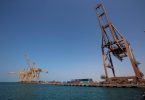
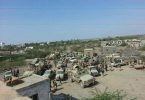
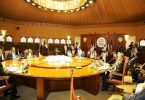
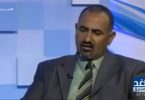
Ali Abdullah Saleh.has been an iconic figure in Arab politics, and president of Yemen for 32 years with full U.S. and Saudi Arabia support. But then, the U.S. and Saudi Arabia pushed him out, and endorsed Mr. Hadi - his vice president- for president because he was not pushing his army -controlled by 2 of his sons and his nephews - hard to attack and wipe out the Houthis, the majority North Yemenis who are also Shiite Muslims and allies of Iran. After Hadi was sworn in as president of Yemen, a few years back, Salleh turned against Hadi and his Saudi and U.S. alliance and joined the Houthis. Now he has been killed by the Houtis, and that tells us that he had again joined the Hadi, Saudi Arabia, and U.S. alliance, and the Houthis felt betrayed and killed him.No surprise, with Yemen having become a slaughterhouse with constant Saudi bombing, with food scarce from the Saudi naval blockade, and hospitals overfilled with injured civilians and lack of medical supplies -according to Human Rights Watch and to United Nations humanitarian assistance teams, the death of Abdullah Saleh would certainly add to Yemen drama. The irony of this war is that Yemen had become a battlefield between Saudi Arabia and Iran through their proxies,
and the poor Yemenis are caught in the middle. Nikos Retsos, retired professor, USA